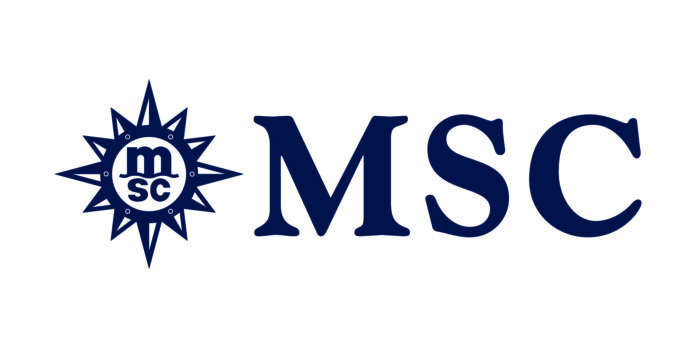MSC Cruises and Explora Journeys have linked up with sister company MSC, the world leader in container shipping, to use smart containers to guarantee that the freshest produce is loaded onto the lines’ ships after delivery from a warehouse.
Each smart container is fitted with internet connected devices to collect data such as position, temperature and humidity, and monitored remotely around the clock from a centralised Customer Service Centre in Antwerp, Belgium.
A problem in transit during the transportation of goods by road or sea triggers an alert to the supplier that can then be resolved en route to ensure that food products that depend on the exact environment for freshness can be delivered without having to dispatch a costly replacement.
The smart containers are particularly beneficial for chilled and frozen goods such as meat, seafood and dairy produce.
MSC Cruises and Explora Journeys both source most of their food locally – some 96 per cent – but in the event of a product not being available locally, goods are taken to ships from a series of warehouses around the world.
From the northern Italian warehouse in Genoa, MSC Cruises last year used smart containers and saw an improved level of quality assurance than in 2022 when the line used traditional means of transporting food by road and sea.
The scale of the overall food delivery operation is considerable. Every year MSC Cruises’ fleet of 22 ships is stocked with 5,500 different items of food and beverage, including 32 million eggs, 6 million litres of milk, 170,000 oysters, 2 million tomatoes, 900,000 kg of apples and 800,000 kg of lemons.
Each of MSC Cruises’ 22 ships carries on average 22,500 kg of fresh fruit, 20,000 kg of fresh vegetables and 5,400 kg of fish during a 7-night voyage.
Paolo Raia, Managing Director, MSC Procurement & Logistics, said, “The use of smart containers has made a significant positive impact on the supply of food, especially in markets where it is a challenge to source and acquire all of the products locally. For example, for our ships in the Middle East the local production is limited, and some goods can take several weeks travelling from the warehouse to the vessel.
“Another major advantage with smart containers is that in real time we can constantly monitor the humidity and temperature of the goods being transported and change the parameters in transit, if required, to deliver with absolute confidence the freshest and finest food for our guests.”

